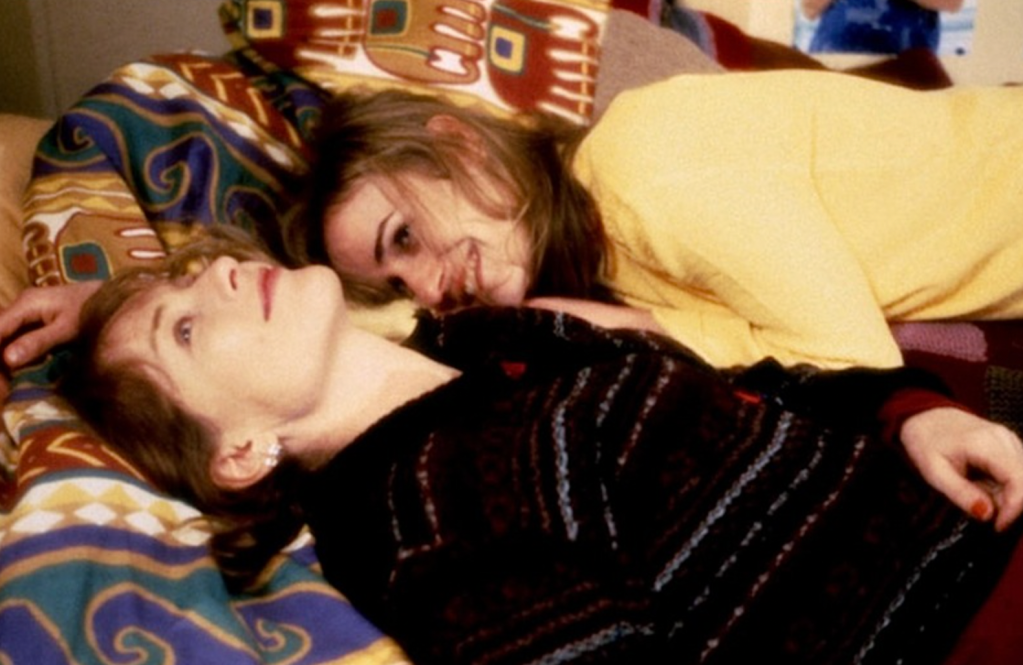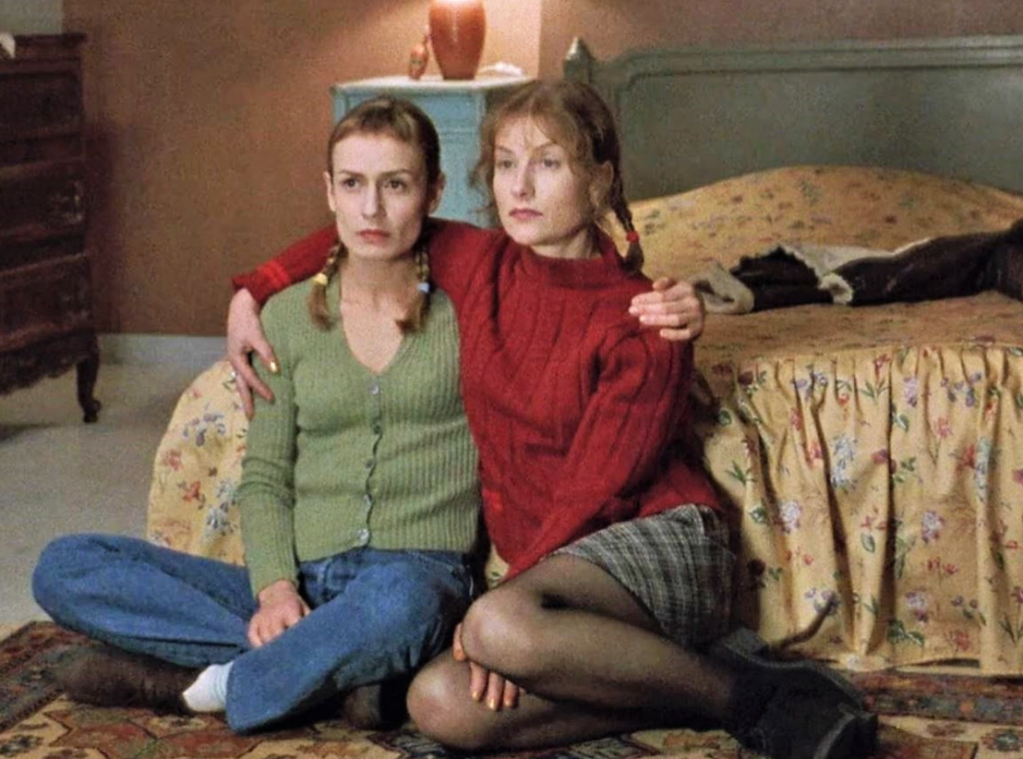The Lelièvre family doesn’t particularly need a live-in maid, but as it is for most who can afford one the want with time burns enough to imitate the urgency of a need. So at the beginning of La Cérémonie (1995), a dread-soaked psychological thriller from Claude Chabrol, the family’s gallerist matriarch, Catherine (Jacqueline Bisset), interviews Sophie (Sandrine Bonnaire), a young woman looking for work after her previous employer got to the financial point that affording her was no longer feasible. With her knowing stare and to-the-point responses, Sophie is the kind of candidate so assured and seemingly experienced that it pretty quickly seems silly for Catherine to continue going through the motions of an interview when she has this perfect applicant sitting across from her.
Sophie, unbothered that the Lelièvres live in a countryside mansion miles from town, is hired on the spot, and given a nothing-to-sniff-at jump in pay compared to her last job. She moves into the Lelièvres’ separate quarters on the property tailored specifically to hired help. Though Catherine concedes after a few days having Sophie on hand that this rather remote young woman is slightly odd, there’s no denying the quality of the food she prepares or the house’s noticeable leap in spotlessness.
But Sophie, it turns out, has some secrets — some of which she will find ways to weaponize in the course of La Cérémonie. When Catherine’s businessman husband, Georges (Jean-Pierre Cassel), takes Sophie to town to get a pair of glasses after she says her eyesight is bad enough to have prevented her from ever getting a license, she skips her appointment and uses the money to buy some food for herself and a pair of impractical pink shades. A note on the counter requesting she iron some clothes sends her into a panic; she bolts upstairs to consult a sign-language book but gives up a couple of letters in, her on-the-down-low illiteracy given further room to hide when Georges’ teenage daughter, Melinda (Virginie Ledoyen), casually reads the note aloud when it hits her line of sight. Sophie also often vanishes without warning, lying about where she’s been when she reappears.
The most concerning possible deception comes later — gossip abounds that Sophie may have killed her elderly father — though is never explicitly confirmed to us. It may objectively be a little overblown to conclude the Lelièvres are in danger. But La Cérémonie’s penchant for eerie silence and a knowledge of Chabrol’s career-long preoccupation with ordinary people — often those among the upper class — being driven to commit murder keeps us unsettled. Bonnaire’s performance is a masterwork in nerve-wracking inscrutability. At least during the movie’s first few acts, every head cock, every deceit-flecked line reading, could either be said to have an undercurrent of malice or determined to just be an imposition the on-edge viewer is reactionarily putting on her.

Isabelle Huppert and Sandrine Bonnaire in La Cérémonie.
Mid-movie, Sophie starts a friendship with the town’s postmistress, Jeanne (Isabelle Huppert). They first meet when Catherine politely gives Jeanne a ride while making a trip to town; Jeanne and Sophie get to better know each other after Jeanne practically follows Sophie around like a dog while she’s grocery shopping alone one afternoon. Jeanne snakily eyes Sophie from the backseat during that first meeting in the car, as if she were scoping her out in some way. As the pair get closer, their social outings take on an escalating recklessness that seems likely to one day lead nowhere good. Jeanne is much more dominating than Sophie. She’s loud and brash (bratty came to mind regularly as one applicable adjective), and isn’t shy about her disdain for those she resents regardless of if they’re standing in front of her. She’s unapologetic when Georges correctly accuses her of opening his family’s mail before it’s shipped out to them; she rudely picks apart a community member’s offerings when she swings by their house to pick up donations for church charity efforts she’s part of.
Sophie falls under this confidently brazen woman’s sway. In a later scene, where both realize they have at different points been accused of murder (it’s suspected Jeanne was responsible for the mysterious death of her 4-year-old daughter, though no concrete evidence was ever found), neither treats it with gravity. Instead, they follow up the reveal with the giggling glee of two teenage buddies who have just found out they both had their first kiss at last night’s prom. As Jeanne, Huppert gives one of her most animated performances — charismatic in ways all wrong except for how correctly that charisma works over Sophie. Jeanne has a way of coaxing out the venom within this reserved young woman to the surface.
The Lelièvres, whose financial power cushions them in a sense of safety and who have scandalous secrets of their own, come to feel like game wandering into a trap. Though relatively nice to and reasonable with Sophie — especially Melinda, who makes a point to offer condolences or help to Sophie when she feels like her father or stepmother have said or done something crossing a line — the family performs a kind of condescending, obviously conditional kindness that has a way of burrowing under Sophie and Jeanne’s already unstable skin. When Georges makes the mistake of forbidding Jeanne from ever visiting the house (she and Sophie like absconding chastely to the latter’s bedroom to watch old-movie reruns), and when Melinda uncovers Sophie’s illiteracy and offers to help, they feel like the equivalents of pushing the Grim Reaper out the door for a new mission.
La Cérémonie has an infamously shocking ending. Upon rewatch, though, I found it sort of funny I’d ever had found it so unexpected. Chabrol is constructing the kind of story seeming like it only could ever lead here, the way it simmers with class resentment and the way its two woman protagonists, unsteady and far more powerful and audacious together than when alone, are unable to keep both that and their own probable psychopathy clamped down. The movie is partially so chilling because of, paradoxically, the unceremoniousness of its violence — the inexorability of it, its feeling of predestiny.
